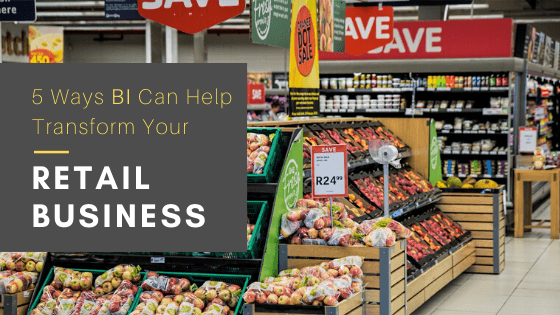The modern retail business landscape is a place where innovation and forward-thinking are essential for successful customer engagement.
Technology continues to help drive how consumers shop and how retailers do business, and one strategy that’s proven to be particularly useful for retailers is an Omnichannel approach.
Whether you’re a traditional brick-and-mortar store, an online-based business, or a blend of both, Omnichannel engagement is a powerful way to help you stay both relevant and competitive in your particular market.
In retail, “Omnichannel” means that you’re able to meet people where they are, and can engage them on all the channels where they shop, weigh their buying decisions, and ultimately make purchases.
Right Omnichannel business goes beyond physical storefronts to also include other relevant channels, including online marketplaces, mobile browsing, social media, branded apps, and targeted digital marketing efforts.
The most successful retail brands have made a pointed effort to create Omnichannel customer engagement.

To take advantage of these opportunities, however, any retailer needs a platform to help analyze the multidimensional data generated from all their various business inputs and channels.
In this blog, we’ll explore five ways in which business intelligence (BI) can help transform your retail business through better data analysis, including measurement of ROI.
-
Analyze Customer Behaviors and Needs across Different Channels
A business intelligence platform can analyze customer transaction patterns, feedback, social media interactions, and more. It can also help to correlate marketing, promotions, and transactions across all of the relevant channels.
For example, BI can provide market basket analysis at the customer level. Retailers can leverage these findings to plan the right campaign for the right desired target audience.
BI can even help one decide which appropriate upsell or cross-sell to suggest, based on each customer’s activity.
-
Understand User Preferences and Create Segments
Speaking of user preferences, business intelligence can help retailers to create customer segments by understanding the individual and collective purchase behaviors of their customers.
Retailers can analyze underlying patterns of customers who tend to shop together, which items sell well together, preferred shopping days, spend ranges, etc.
These classifications enable retailers to strategize their store layouts (both physical and virtual), product placements, staff placement and scheduling, and loyalty programs through robust, data-driven decision making.

-
Use Predictive Analytics for Strategy and Market Planning
Predictive analytics through BI helps retailers to assess and even predict the future. BI capabilities aren’t just limited to a single trend factor, but rather utilize multidimensional, multi-factor machine learning-based prediction models to track multiple trends in tandem.
By scientifically uncovering the areas of future demand, a retail business can also optimize its supply chain to reduce inventory costs and shrink while also maximizing sales opportunities.
-
Adopting and Scaling Real-Time Customer Analytics
Business intelligence also offers IoT-based, real-time data analysis, with the ability to collect and sift data from shopping carts, POS transactions, stock ordering, and refilling, and current inventory levels, and other inputs.
With this information in hand, retailers can perform instantaneous data analysis to evaluate sales performance, shelf refilling efficiency, staff efficiency, and other metrics.
These businesses can also opt to have their BI platform send out instant, actionable alerts at thresholds they customize for themselves.
-
Leverage Artificial Intelligence for Customer Service
Business intelligence also provides some powerful ways in which retailers can use AI to improve customer service and enhance the overall customer experience.
Rest assured, the customer support world is not being completely replaced with robots, nor will it ever be.
Consumers will always want and need a human touch at some level in their shopping experience.
However, creative teams are leveraging AI to improve satisfaction levels and response times through the use of things like intelligent chatbots, which can work around-the-clock and never need a coffee break or bathroom break!
By transforming customer service interactions, AI-powered digital solutions are prepared to enhance every aspect of your business, including Omnichannel retailing, online customer experience, customer loyalty, brand reputation, preventive assistance, and even generation of new revenue streams.
Brand Note
Intellicus provides a robust platform that incorporates data science, machine learning, real-time data analytics and predictive forecasting. It offers Omni Channel, Real-Time Dashboards, Machine Learning-Driven Predictive Forecasting, Embedded BI and Cloud BI Capabilities through its software.













